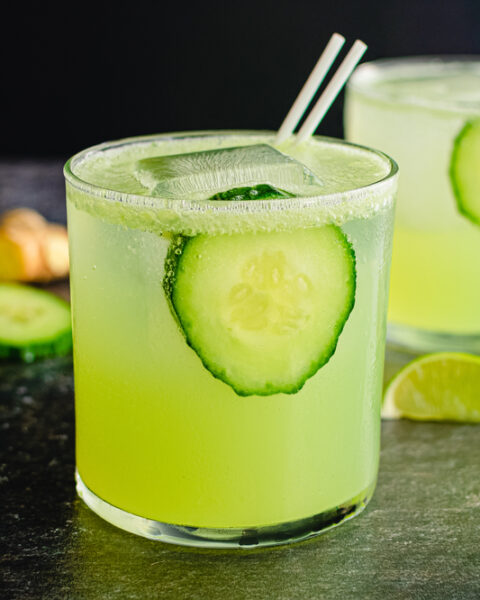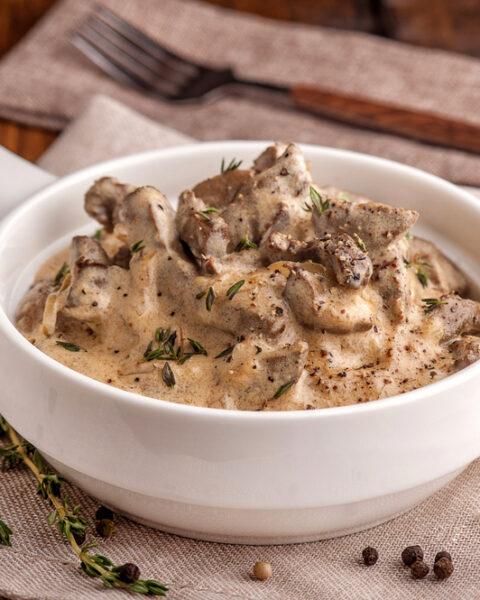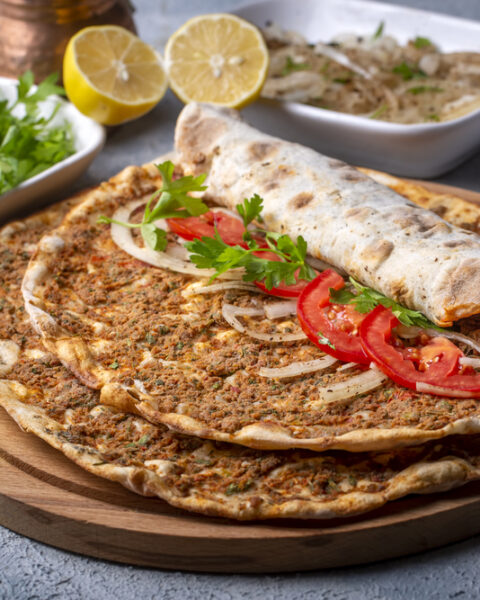High cholesterol levels are a major risk factor for heart disease, and diet plays a significant role in cholesterol management. While some foods and cooking oils can be beneficial for heart health, others can worsen your cholesterol levels and increase your risk of heart disease. In this article, we’ve compiled a list of 10 common cooking oils and foods that could be harming your cholesterol levels. By understanding the impact of these oils and foods on your health, you can make informed choices and protect your heart health.
Contents
Coconut Oil

Often praised for its multitude of health benefits, coconut oil has a notable downside: it’s high in saturated fats. Almost 90% of the fatty acids in coconut oil are saturated. While it might provide certain health advantages when consumed in moderation, excessive intake can raise LDL (bad cholesterol) levels in the blood. Elevated LDL cholesterol can increase the risk of heart disease.
Palm Oil
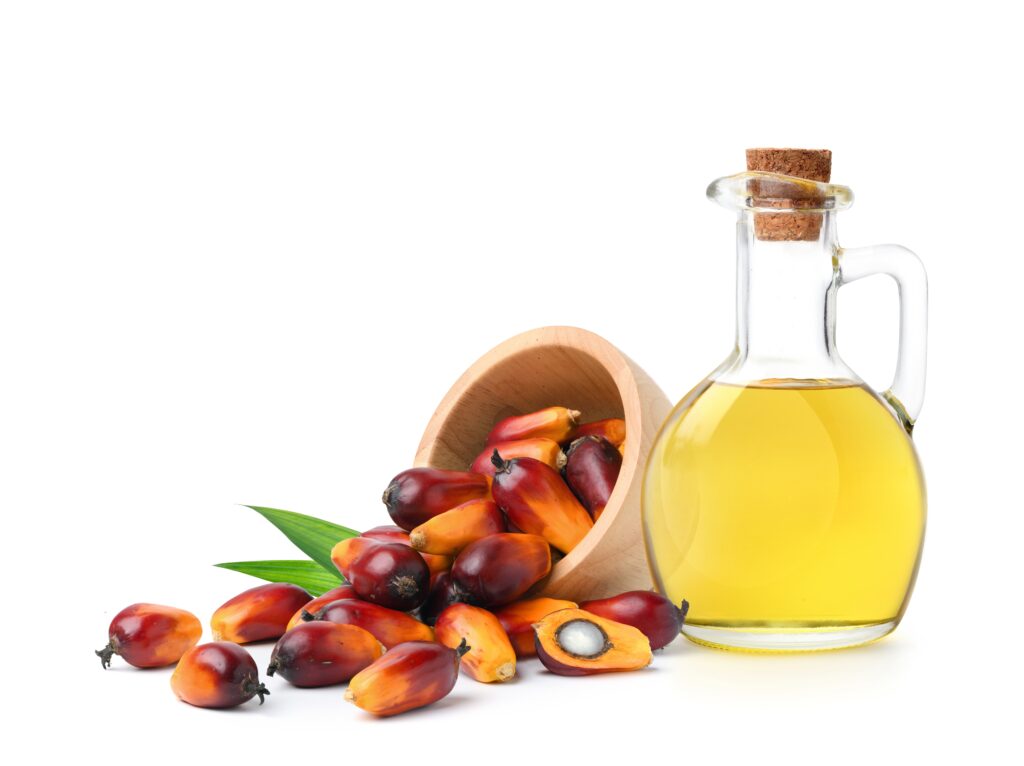
Found in many processed foods and commonly used in commercial cooking, palm oil contains a high percentage of saturated fats. The production of palm oil is also associated with deforestation and loss of biodiversity. Like coconut oil, consuming large amounts of palm oil can negatively impact cholesterol levels and overall heart health.
Fatty Beef
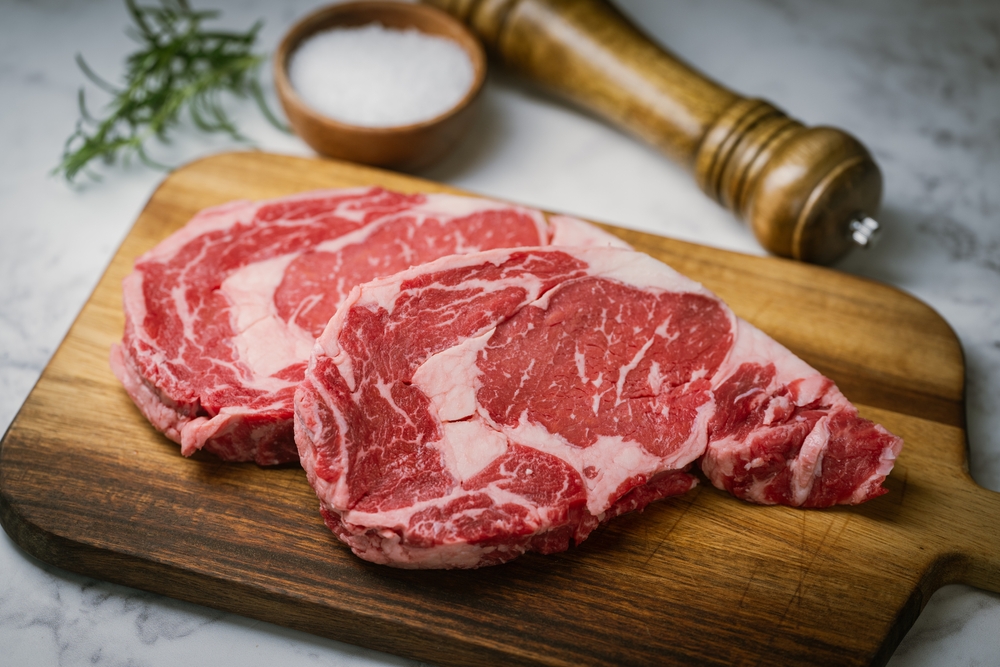
While beef can be a valuable source of nutrients like protein, iron, and B vitamins, it’s also a significant source of saturated fats, particularly the fattier cuts. Consuming these cuts frequently can elevate LDL cholesterol levels, increasing the risk of heart diseases.
Lamb

Similar to beef, lamb, especially the fattier portions, contains a substantial amount of saturated fats. Regular consumption of fatty lamb can contribute to rising cholesterol levels and associated heart health issues.
Butter
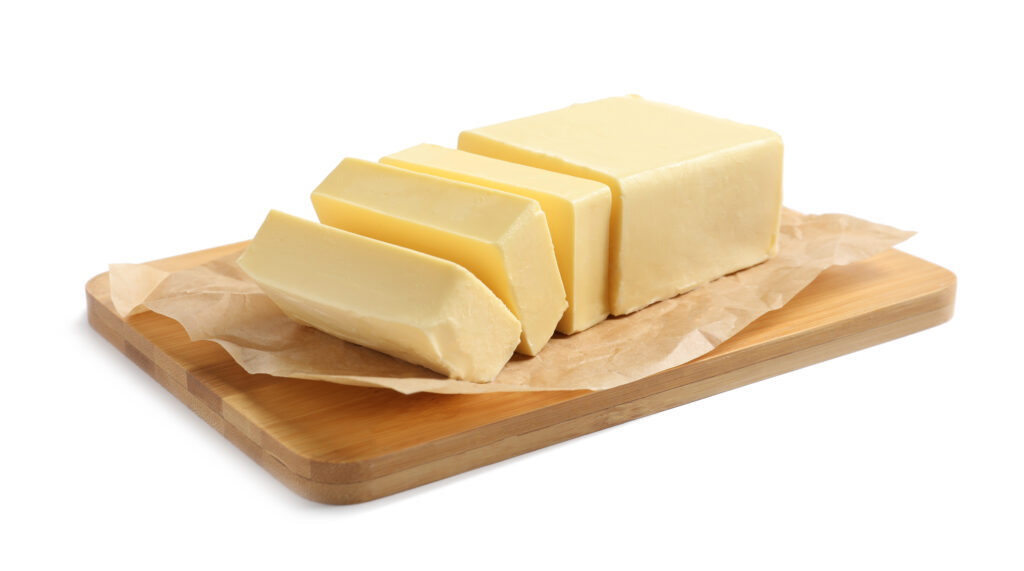
A staple in many cuisines, butter is rich in saturated fats. While small amounts might be okay for many individuals, excessive consumption can lead to an increase in LDL cholesterol.
Cheese

Cheese is a delicious source of calcium and protein, but it also contains saturated fats, especially in full-fat varieties. Eating large amounts regularly can contribute to elevated cholesterol levels.
Processed Meats
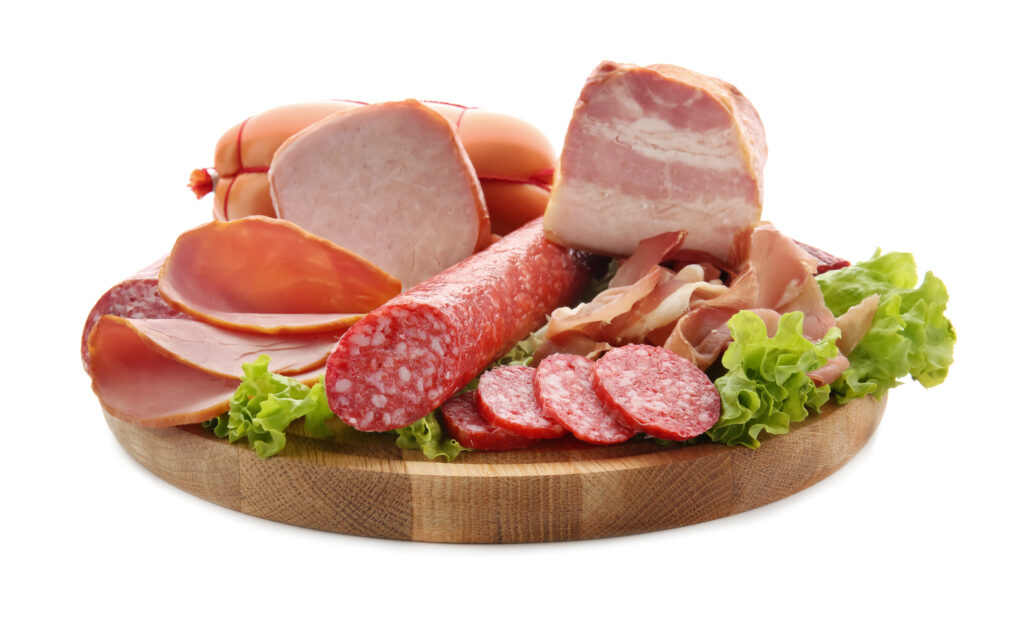
Foods like bacon, sausages, and salami are often high in both saturated fats and sodium. These processed meats can negatively influence cholesterol levels and blood pressure, both of which are risk factors for heart disease.
Baked Goods
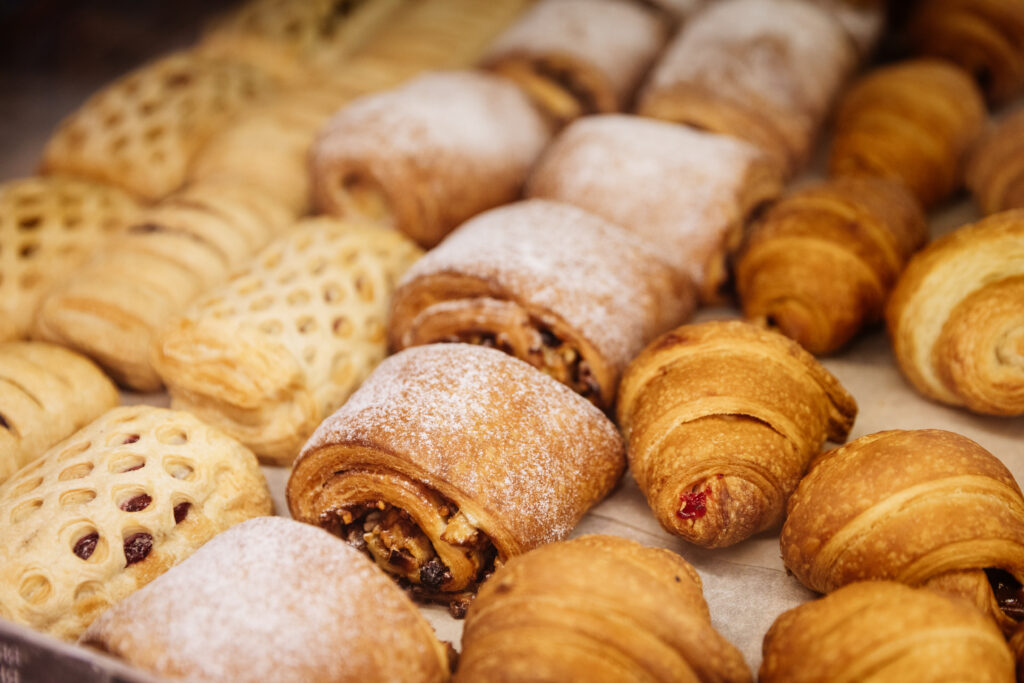
Many commercial baked goods, such as pastries, pies, and cookies, contain trans fats and saturated fats. These unhealthy fats not only raise LDL cholesterol but also lower HDL (good cholesterol), doubling the risk for heart disease.
Deep-Fried Foods

Foods that are deep-fried, especially in unhealthy oils, are packed with saturated and trans fats. Regularly consuming deep-fried foods can lead to a spike in cholesterol levels and other heart-related problems.
Cream-based Soups and Sauces

These creamy delights, while comforting and delicious, often have a high saturated fat content due to the cream, butter, and cheese they might contain. Regular consumption can contribute to raised cholesterol levels.
This article originally appeared on RetailShout
More From RetailShout
15 Flavorful Tofu Recipes You’ll Love
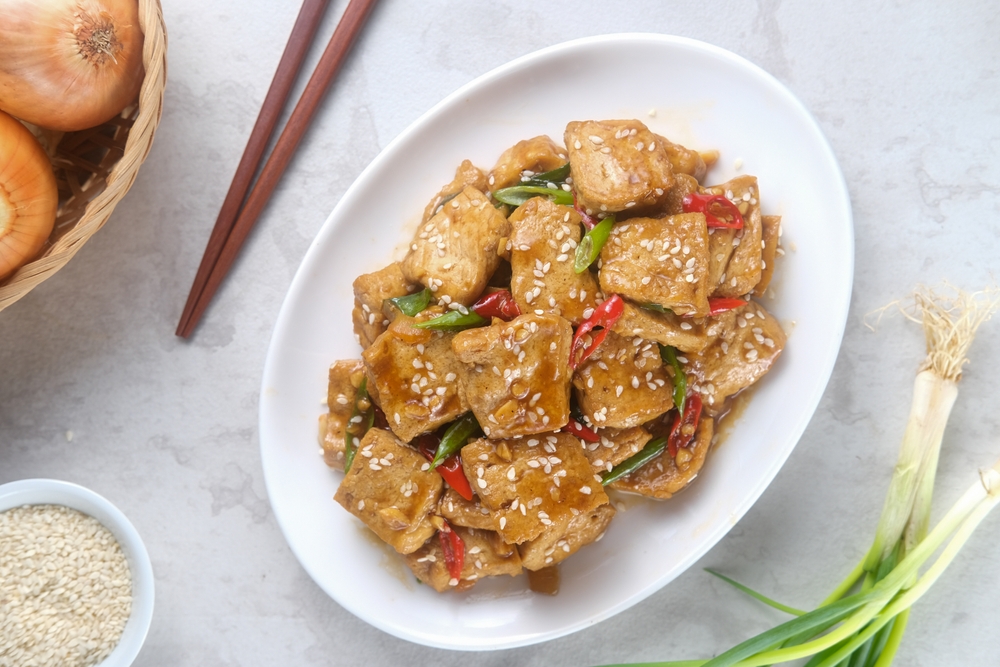
Tofu is such a versatile and delicious ingredient that you can make so many tasty dishes with it. Whether you’re a seasoned vegan, a vegetarian, or just someone looking to add more plant-based meals to your diet, tofu can be a great addition to your recipes. Read More.
20 Ways To Take Garlic Bread To The Next Level
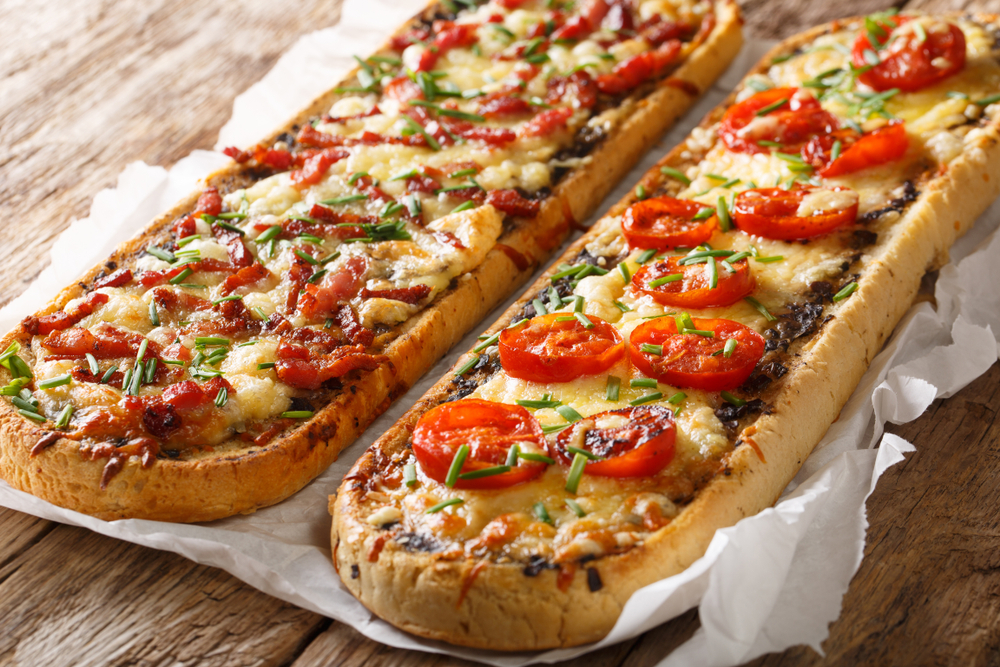
Garlic bread is already pretty amazing, but there’s always a way to make it even better. Whether you’re hosting a dinner party or just craving a delicious snack, upgrading your garlic bread can take your meal to the next level. Read More.
The 10 Oldest Fast Food Chains In The U.S.

You know how sometimes you just crave a good old burger or a classic milkshake? Fast food is a big part of American culture, and some chains have been serving up our favorites for nearly a century. These places aren’t just about quick meals; they’ve got a lot of history behind them. Read More.

